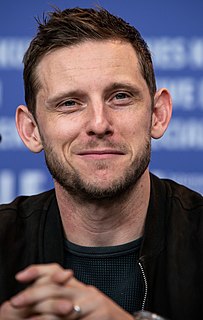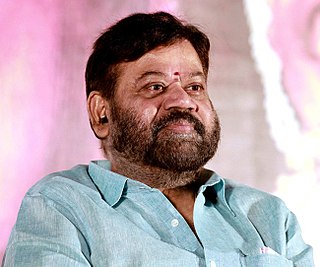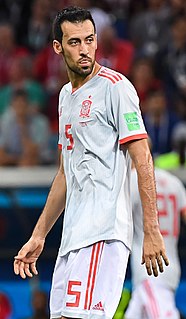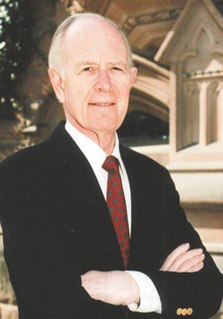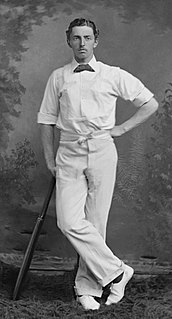A Quote by W. H. Auden
The truly tragic kind of suffering is the kind produced and defiantly insisted upon by the hero himself so that, instead of making him better, it makes him worse and when he dies he is not reconciled to the law but defiant, that is, damned. Lear is not a tragic hero, Othello is.
Related Quotes
Such exceptional suffering and calamity, then, affecting the hero, and-we must now add-generally extending far and wide beyond him, so as to make the whole scene a scene of woe, are an essential ingredient in tragedy and a chief source of the tragic emotions, and especially of pity. But the proportions of this ingredient, and the direction taken by tragic pity, will naturally vary greatly.
For a while he'd tried molding himself into the tragic Romantic hero, brooding and staring clench-jawed off into space as he composed dark verse in his head. But it turned out that trying to appear tragic in Incontinence, Indiana, was redundant, and his mother kept shouting at him and making him forget his rhymes. "Tommy, if you keep grinding your teeth like that, they'll wear away and you'll have to have dentures like Aunt Ester." Tommy only wished his beard was as heavy as Aunt Ester's---then he could stare out over the moors while he stroked it pensively.
When you see the violence of Hollywood movies, there is a tendency that the hero is combating and confronting many people, without much harm to himself. But in my films, the hero takes a lot of hits so the very act of the hero being the one on the receiving end, makes the audience cheer and connect with him.
You go to someone and you think, 'I'll tell him this.' But why? The impulse is that the telling is going to relieve you. And that's why you feel awful later--you've relieved yourself, and if it truly is tragic and awful, it's not better, it's worse---the exhibitionism inherent to a confession has only made the misery worse.
I don't really distinguish between a fictional hero and a real life hero as a basis for any comparison. To me, a hero is a hero. I like making pictures about people who have a personal mission in life or at least in the life of a story who start out with certain low expectations and then over achieve our highest expectations for them. That's the kind of character arc I love dabbling in as a director, as a filmmaker.
There's a million and one things an actor can do with a villain. He can go for all kinds of quirks and tricks. The hero is much harder to define for an actor. When you play a straight role or a hero, you're kind of stuck, It's much more difficult to give a good guy interesting qualities or to make him unusual.






